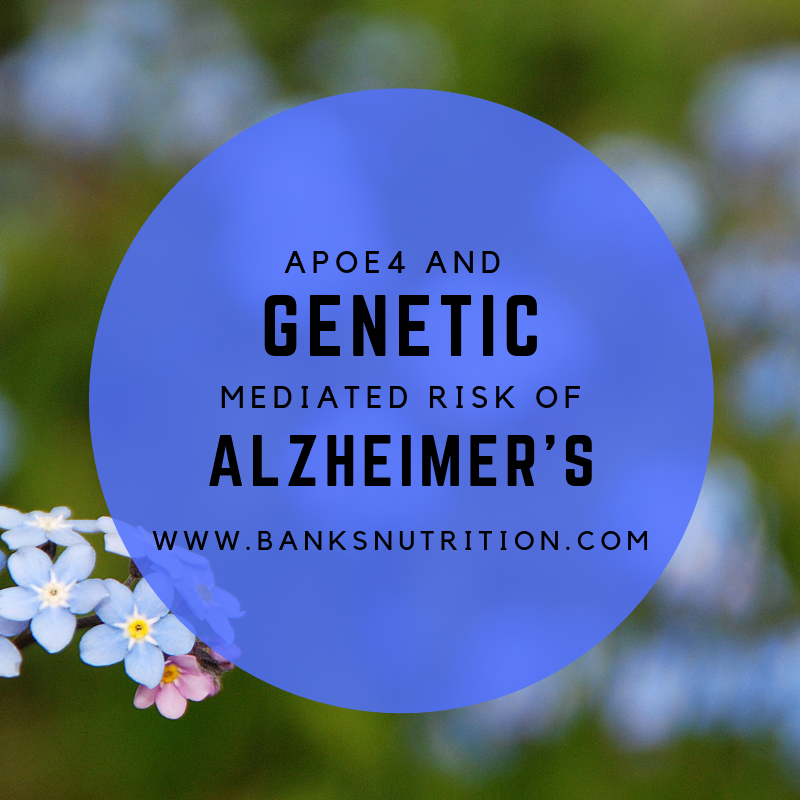BLOG
Omega-3 fatty acids (FAs) are essential fatty acids. This means that the body needs them for different functions, and they must be consumed as the body cannot make them from other sources. Systems that are particularly dependent upon the availability of omega-3 FAs are the immune system, the cardiovascular system and the brain. There are […]
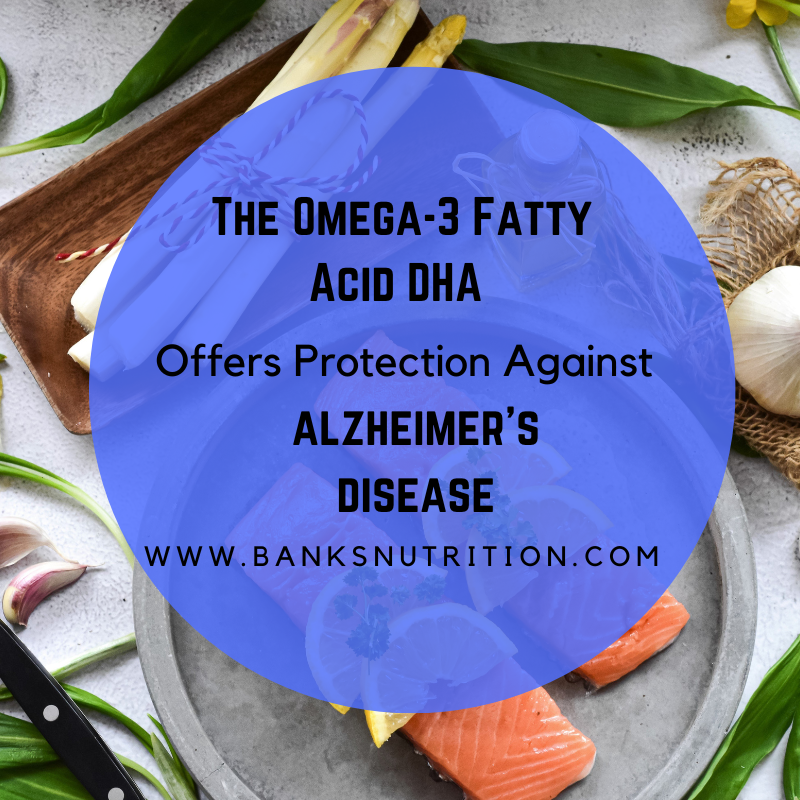
July 12, 2022
One of the early findings in Alzheimer’s disease is that neurons or brain cells struggle to produce enough energy to function and thus begin to die off. One of the definitive tests to help diagnose early disease is an FDG PET scan. This test involves injecting a radiotracer glucose before obtaining a PET scan. Healthy […]
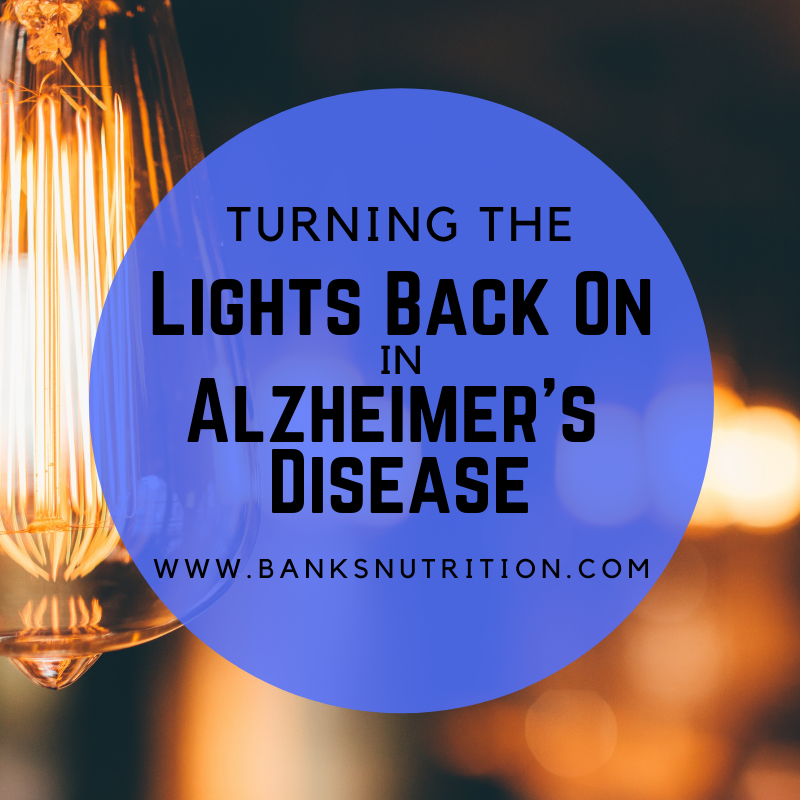
July 20, 2021
Lifestyle and diet changes can help prevent and reduce the risk of Alzheimer’s A study of 720 adults looking at the relationship between this measurement and risk of Alzheimer’s or dementia found that those with cell membrane levels of less than 5.7% had a striking 77% increased risk compared to those with levels >7.0% The […]
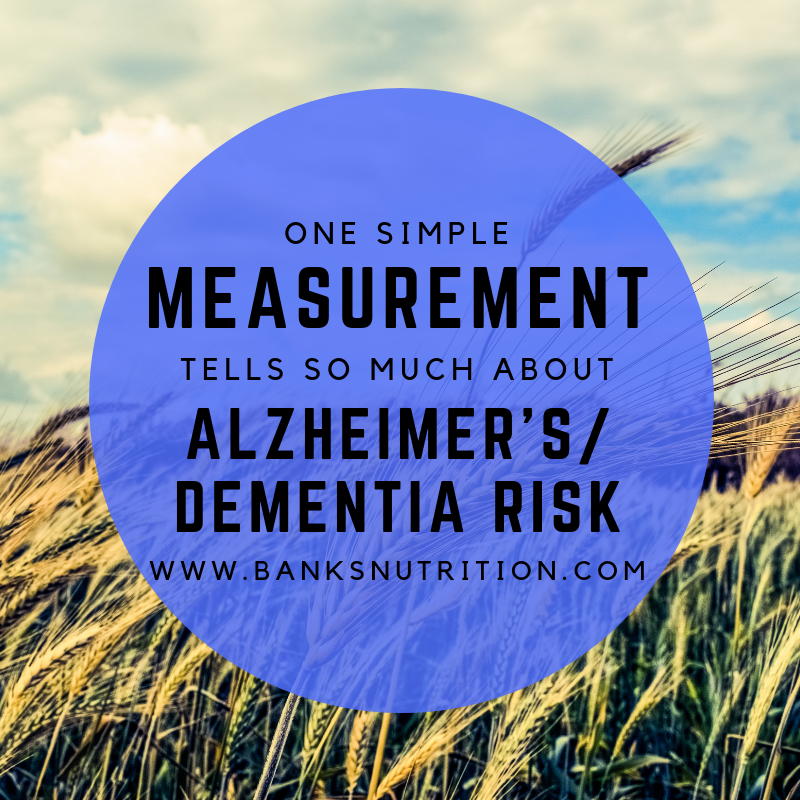
July 25, 2018
The rates of Diabetes and Alzheimer’s have dramatically increased Diabetes is a major risk factor for Alzheimer’s Eating high amounts of sugar correlates both with brain volume loss and impaired memory testing While the death rates from many chronic diseases have stabilized or declined over the past 2 decades, there have been 2 exceptions. The […]

May 31, 2018
Approximately 1 in 3 adults have either one or two copies of the apoE4 gene and therefore are at increased risk of Alzheimer’s When the brain environment is “stressed”, β amyloid is produced causing this programmed downsizing by removing dendrites and thus connections to other cells which results in loss of some functions The apoE4 variant […]
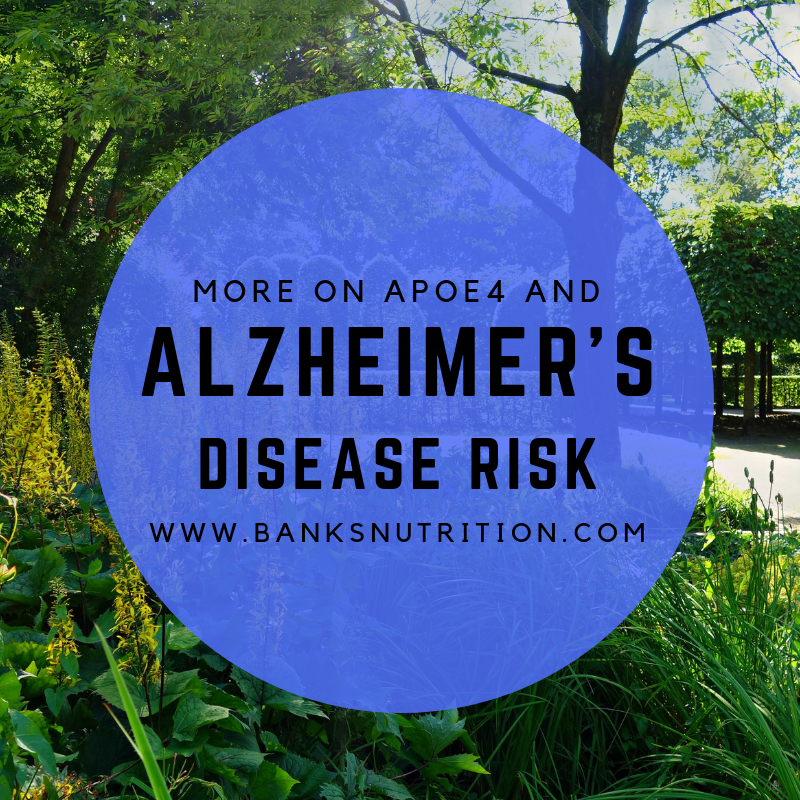
May 31, 2018
apoE is an apoprotein and one of its major jobs is helping to remove a major abnormal protein that is continually being made in the brain called beta amyloid, which when it is build up in the brain it is a primary mechanism involved in Alzheimer’s disease and other forms of dementia By age 65 approximately […]
